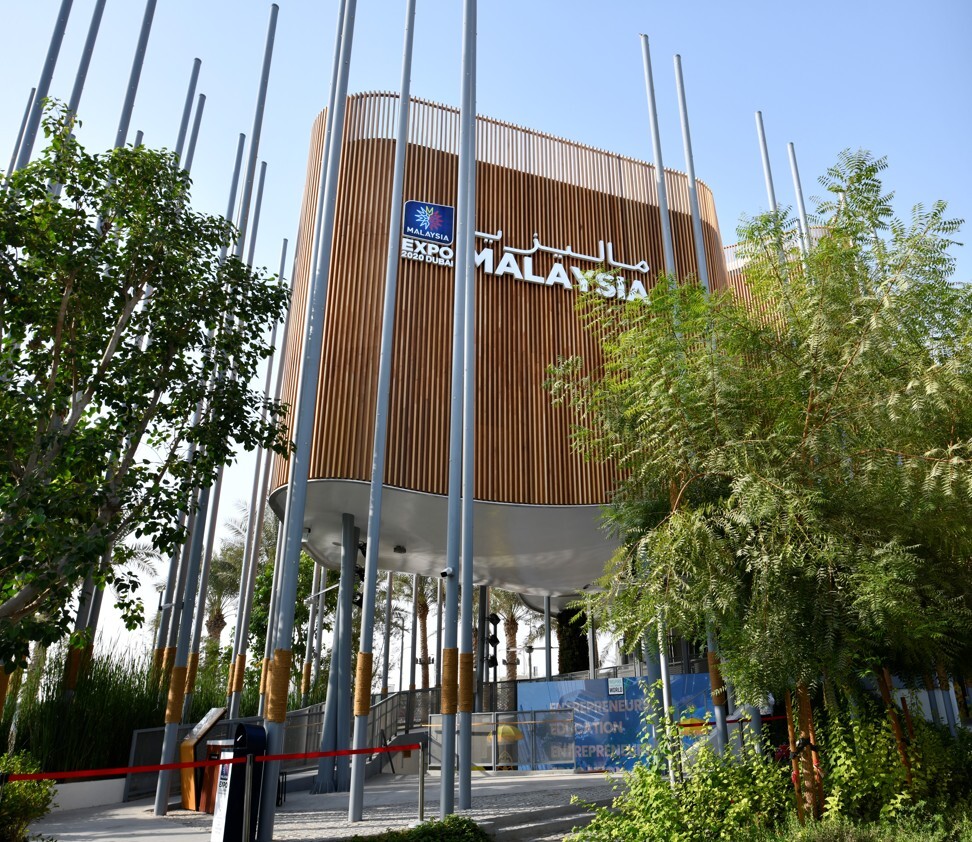
Malaysia gearing up to become hub for high-performing regional start-ups and digital investments
- Malaysia Digital Economy Corporation builds on success, with initiatives that help tech start-ups establish a strong regional presence
- The country is investing heavily in its digital economy to attract Fortune 500 tech companies and overseas investors, creating high-value jobs
[Sponsored article]
Malaysia is positioning itself at the forefront of Southeast Asia’s vibrant start-up ecosystem, with a focus on becoming a regional hub to grow high-performing start-ups.
The announcement that Carsome has become Malaysia’s latest unicorn is adding momentum to the country’s emergence as a hub for scaling up. The Malaysian-based second-hand car sales platform raised US$200 million in funding last year and follows the country’s home-grown “super app” Grab, which provides services including food delivery, transport and online payment systems, and is now estimated to be worth about US$10 billion. Other companies also chasing unicorn status include drone-tech company Aerodyne, and Inmagine, a creative industries company providing a wide range of assets to clients and partners.
Malaysia is ideally placed to serve as a base for start-ups looking to scale up. A report published last year by Startup Genome and the Global Entrepreneurship Network ranked Kuala Lumpur ninth globally in Ecosystem Value, estimating it to be worth US$16.1 billion.
The same report also ranked Malaysia 34th of 134 countries ready to transition to a digital economy, and suggested fintech as a leading sector in the nation’s pool of start-ups.

Malaysia’s focus on the creation of unicorns is likely to strengthen its position as a favourable ecosystem for start-ups in Asia. Startup Genome estimates the creation of every unicorn in Malaysia could increase its ecosystem value by US$10 billion. Further investments in the sector would benefit other young companies in their stages of growth as they seek to expand, and drive the nation’s position as a regional hub for tech companies, according to Malaysia Digital Economy Corporation (MDEC) – the government agency leading the digital transformation of the economy for 25 years.
Malaysia’s young population also favours start-ups seeking a pipeline of skilled young talent. Almost 40 per cent of the nation’s population is under 25, and more than 330,000 students are enrolled in institutions of higher learning, aiding a thriving environment for talent acquisition that will help unicorns to grow, according to Startup Genome.
Against this backdrop, MDEC is intensifying its efforts to attract investment and talent to further grow the country’s digital ecosystem.
“Driving our efforts is the ‘Digital Investments Future5 (DIF5) Strategy’, a five-year plan focusing on five key thrusts aimed at attracting investments and advancing Malaysia’s digital economy,” says Mahadhir Aziz, chief executive officer of MDEC.

DIF5 aims to attract 50 billion Malaysian ringgit (US$12 billion) in investment to Malaysia’s digital economy by 2025, focusing on key economic sectors and attracting Fortune 500 tech companies to use Malaysia as a base to expand regionally and beyond. It is expected that five unicorn companies and some 50,000 high-value jobs will be created by the scheme.
Among the industry sectors identified as key drivers in contributing to the nation’s digital economy are ag-tech, health-tech, Islamic digital economy, Islamic fintech, smart tourism and smart city.
Since it was established in 1996, MDEC has attracted 2,794 companies under its Multimedia Super Corridor (MSC) initiative – an economic zone with a funding infrastructure for ICT-related businesses – that attracted 384 billion ringgit in investment, and generated 588 million ringgit in revenue and 212 billion ringgit in exports in 2020. Malaysia is hoping to build on the success of the MSC by introducing new, industry-relevant initiatives.
In recent years, MDEC has focused on the development of Malaysia’s digital sector and the growth of digital businesses through initiatives such as the GAIN programme, Malaysia Digital Hub and the Malaysia Tech Entrepreneur Programme. The initiatives target the specific needs of start-ups, including helping companies gain access to markets, funding and mentors; fast-tracking applications for tech entrepreneurs and investors to base themselves in Malaysia; and providing dedicated co-working and networking spaces for the tech community.

One of MDEC’s recent initiatives is the Penjana Kapital programme, introduced in 2020 to stimulate Malaysia’s economy by encouraging innovation from start-ups and to attract investment from foreign and local investors. Private capital raised is matched by the government to help generate a vibrant venture capital industry. The initiative raised 850 million ringgit in its first year, helping nine start-ups expand regionally and creating hundreds of jobs in Malaysia.
Initiatives such as these have paved the way for tech companies to establish a strong regional presence, Aziz says.
From January 9 to 15, MDEC is leading the Malaysia Digital Economy Week at Expo 2020 Dubai with 20 companies from sectors including digital technology, fintech, Islamic fintech, digital content creation and drone-tech. They include animation start-ups Zappy Production, The R&D Studio and Durioo, as well as Microleap, Global Psytech, Wahed Technologies and CreateWill promoting the financial services sector.
The Expo is expected to generate 300 million ringgit in potential trade and investment opportunities for Malaysia’s digital sector, in addition to securing business leads and partnership agreements that will help reinforce the country’s position at the forefront of digital business in Asia, according to MDEC.

“Expo 2020 Dubai serves as an opportunity for Malaysia to showcase our best companies and talents in the digital economy,” Aziz says.
“Beyond that, it also allows us to drive Malaysia as a prime destination for digital investments, in line with the 12th Malaysia Plan (12MP) to make Malaysia a digital hub of the region.”
The 12MP will run concurrently with other government-led initiatives, including MyDigital, which is being hailed as a blueprint to anchor the country as a digital nation by 2030. MyDigital is expected to generate 5,000 start-ups within the next five years, generate 500,000 new jobs in the digital economy and contribute more than 22 per cent to Malaysia’s GDP by 2030.
To find out more about the Malaysia Digital Economy Week, log on to https://www.heartofdigitalasean.my/.

